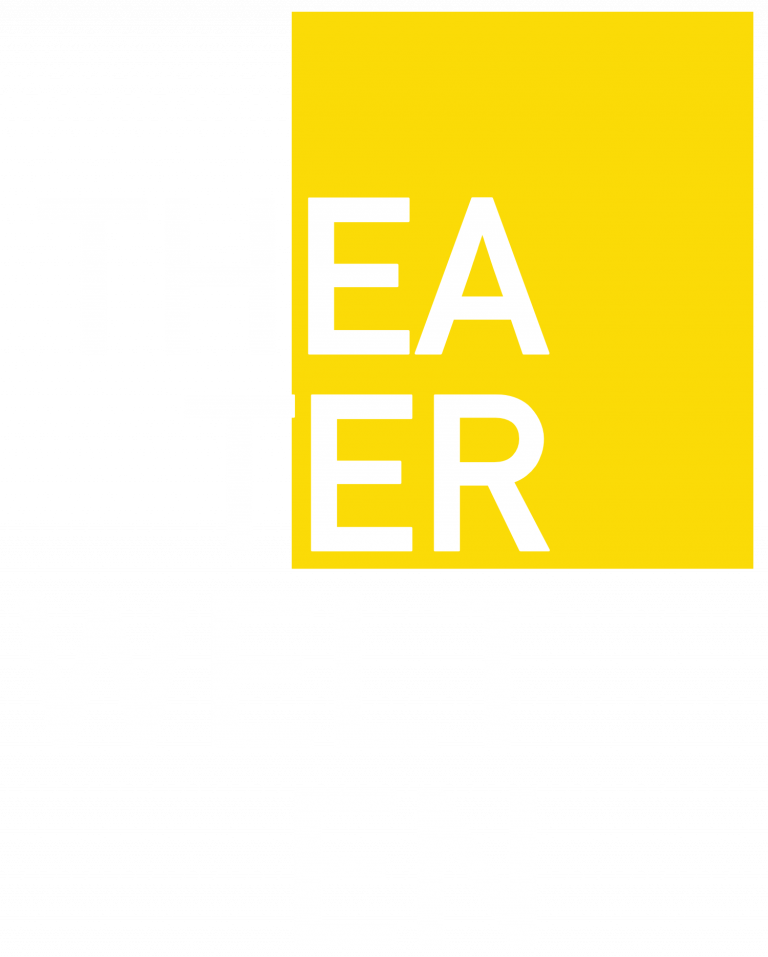Moderation: Dörte Jensen
In wake of the “#MeToo”-movement the previously mostly ignored field of intimacy coordination gained traction and relevance. Its ideas and techniques have since moved beyond merely safely staging scenes of physical intimacy and sexual intercourse. There are ideas of safe spaces, boundaries and consent that can be applied to all theatrical work. In your theater or group — how do you create a truly safe space to work in? What can you do to facilitate such a space and maintain ist and thus be rewarded with braver, freer work? Every person has boundaries. These boundaries are higly individual and accidentally crossing them can be harmful to all involved. What can you do to so you neither roll over people’s boundaries nor hold back because you don’t want to accidentally overstep? We will explore the idea of consent to help with that. What is consent, why is it importand and how do I ask for it? How do I give consent myself? How do I handle receiving a “no”? Is it a bad thing or doesn’t it rather help me in my further work with my scene partner? This presentation will be mostly theoretical. There won’t be any kind nudity and no simulated sex. Any physical touch among attendees will be voluntary and will involve the collection of prior consent.
Dörte Jensen, Stuttgart. After training at the British Academy of Stage and Screen Combat and at Stage Combat Deutland, she has been working as a stage combat instructor and fight choreographer for over 15 years and is currently undergoing further training to become an intimacy coordinator. In addition, Dörte is co-founder of the professional association Intimacy Coordination and Fight Choreography e.V.. The focus of Dörte’s work is the telling of rousing stories that may well create a dangerous or unpleasant impression. The basic prerequisite and essential element in Dörte’s work is that illusions as well as safe fighting and acting techniques are used in the scenes. The performers are physically and mentally safe at all times in the process.

